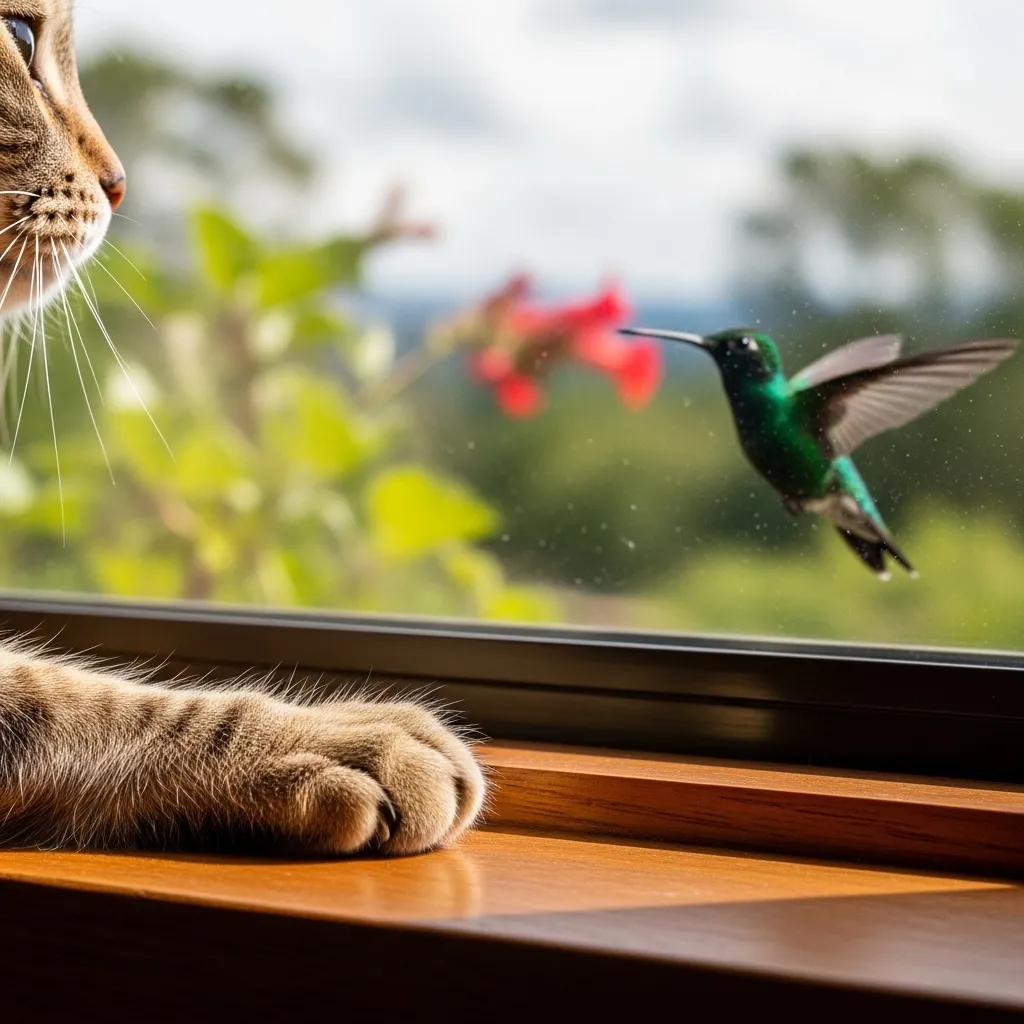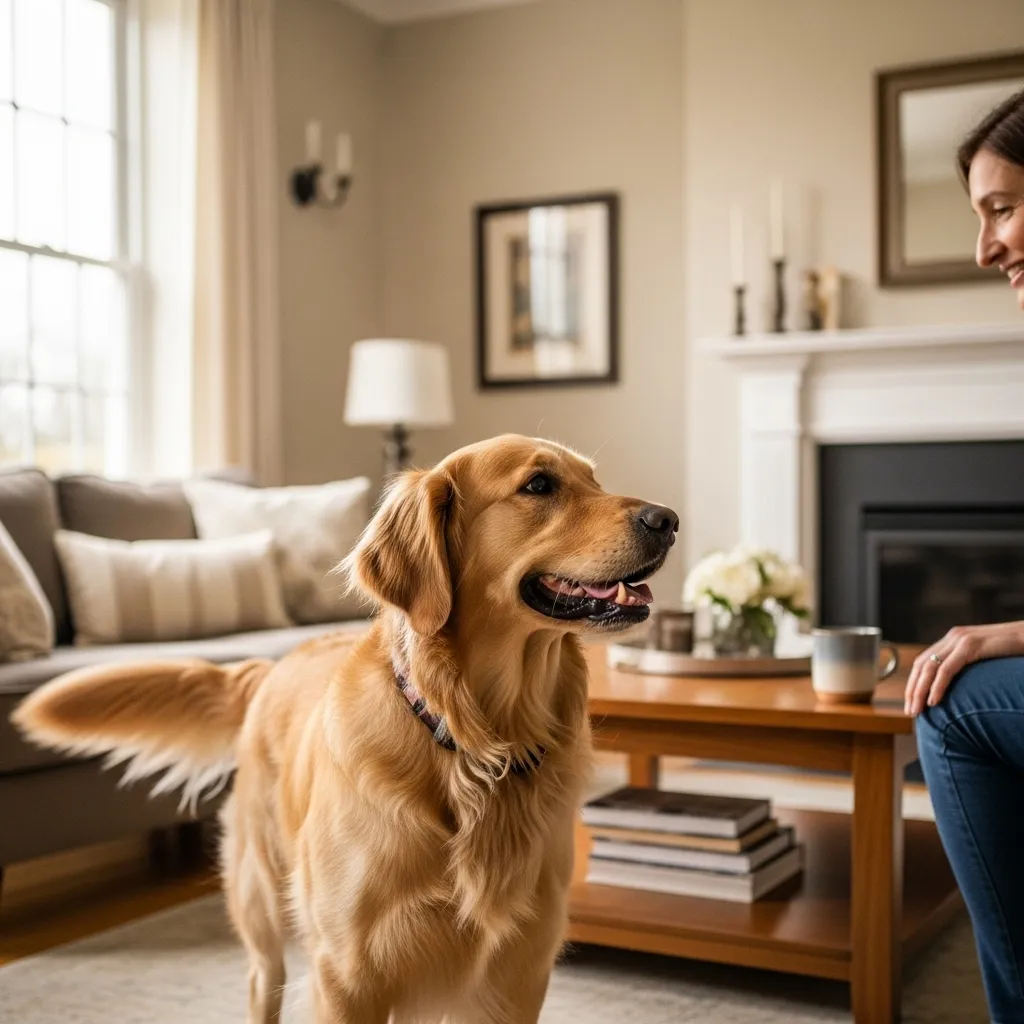
The Honest Self-Assessment: What Is Your Lifestyle Really Like?
Before you fall in love with a pair of soulful eyes at the local shelter, the most important first step is to look inward. A successful match depends on a realistic understanding of your own daily life, capabilities, and resources. Answering these questions honestly will set both you and your future pet up for a lifetime of happiness.
Energy and Mobility
Think about a typical day. Are you an active walker who enjoys spending time outdoors, or do you prefer quiet afternoons at home with a good book? Your physical mobility is a primary factor. A high-energy dog that needs multiple long walks or vigorous play sessions every day might not be a good fit if you have limited mobility or tire easily. Conversely, if you’re looking for a reason to get more steps in, a calm, leash-trained dog could be the perfect motivation.
Consider tasks like bending down to fill food and water bowls, scooping a litter box, or lifting a pet into a car. These daily chores are a core part of pet ownership. Be realistic about what your body is comfortable doing day in and day out.
Your Home Environment
Do you live in a spacious house with a securely fenced yard, or a cozy apartment on the third floor? Your living situation will immediately guide your choices. Large, active dogs need space to roam, while a cat or a small bird can thrive in smaller quarters. This is a key factor when considering the best pets for apartment living seniors. Also, check your building’s rules. Many apartments or retirement communities have restrictions on pet size, breed, or even the type of animal allowed.
Financial Considerations
The cost of pet ownership goes far beyond the initial adoption fee. Create a simple budget that includes recurring expenses. This should cover high-quality food, annual veterinary check-ups and vaccinations, flea, tick, and heartworm prevention, grooming costs (especially for long-haired breeds), and supplies like litter, toys, and bedding. It’s also wise to plan for unexpected vet bills. Many owners find peace of mind with pet insurance or by setting aside an emergency fund. Remember, a pet is a long-term financial commitment.
Your Social and Travel Schedule
Are you a homebody, or do you love to travel and visit family? A dog requires a pet sitter or boarding kennel if you go away, which adds to the cost and complexity of travel. A cat is often more independent but will still need someone to check in daily. A pair of fish, on the other hand, can often be cared for by a neighbor stopping by every other day. Your social life matters, too. If you have a steady stream of visitors, a social, friendly pet is ideal. If you prefer a quiet home, a more reserved animal would be more comfortable.














